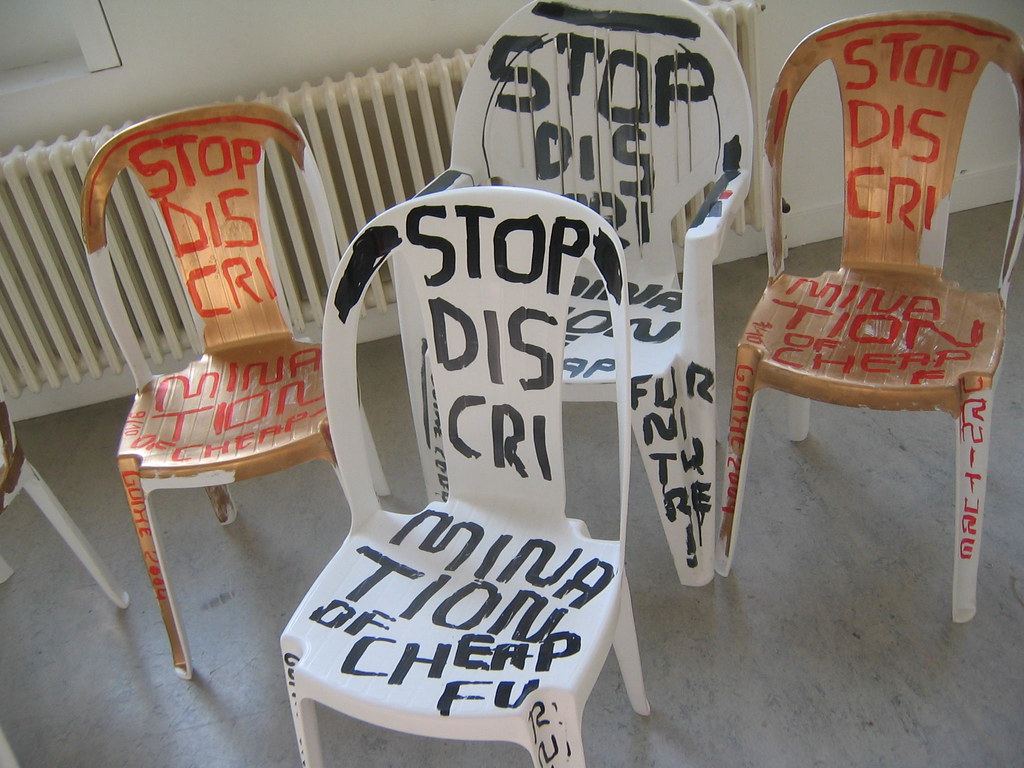#spittelau
Explore tagged Tumblr posts
Text

Tower of the heating plant Spittelau, vienna
#tower#architecture#modern architecture#spittelau#vienna#austria#photography#a game of tones#travel#original photographers#photographers on tumblr#lensblr#original photography#wanderlust
7 notes
·
View notes
Text
18 years since...
12.1.2024: Timelapse
#phototagebuch#tagesphoto#photo diary#photo of the day#photojournal#photo du jour#photo des tages#vienna#wien#urban nature#timelapse#12.1.2024#12.1.2006#donaukanal#donau#spittelau
0 notes
Text

1 note
·
View note
Note

The Spittelau incinerator, Vienna, Austria
18 notes
·
View notes
Text

spittelau forever, 2024
6 notes
·
View notes
Text

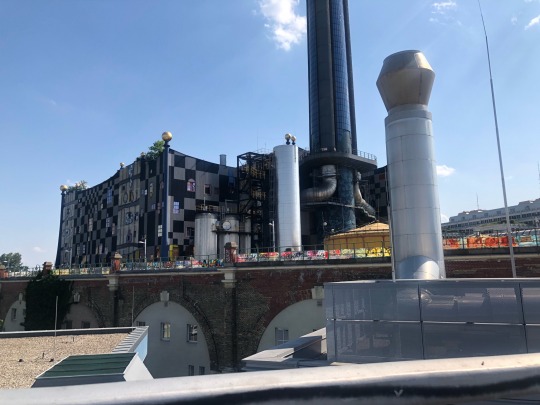
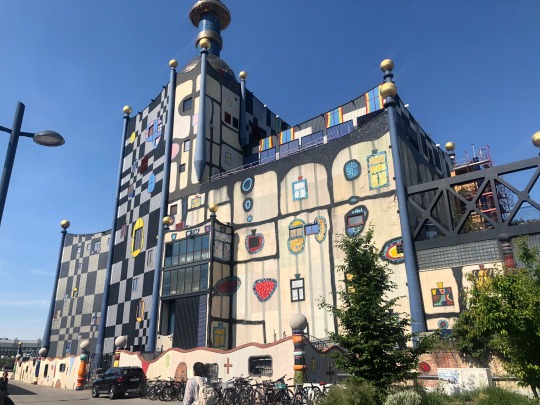
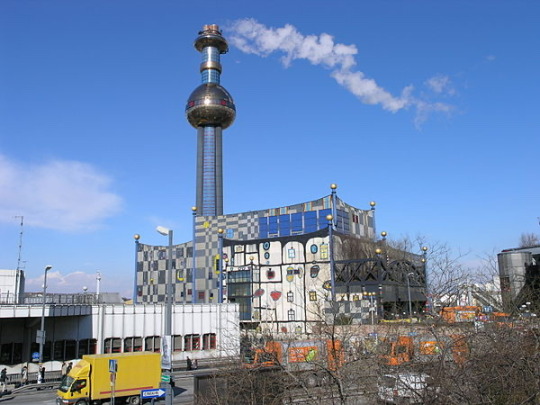
The Spittelau waste incineration plant is one of three thermal waste treatment plants operated by Wien Energie. Its special feature lies in the façade artistically designed by Friedensreich Hundertwasser. With an installed total capacity of 460 MW, the plant is the second largest district heating generator in the district heating network (this small part of 22 percent is shared by the three thermal waste treatment plants of Wien Energie) of the city of Vienna. 🗑️ (1-4)
#Travelingwithoutmoving 🧭

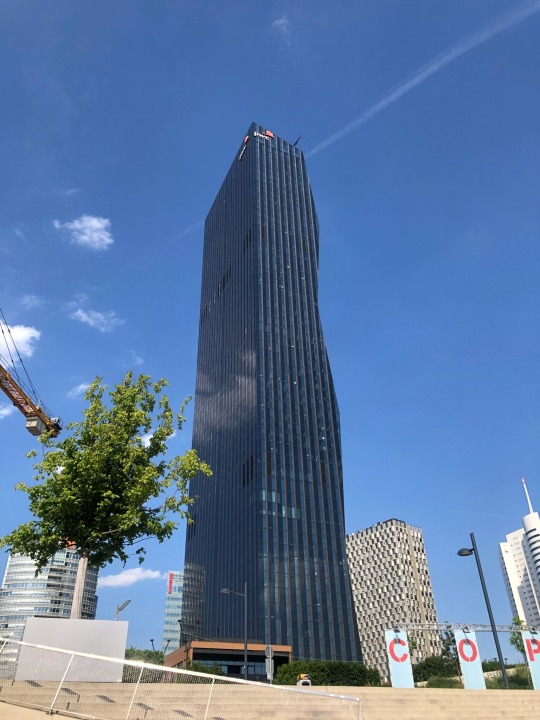
#architecture #architecturephotography #architecturelovers #architectureporn #architecturedesign #architecturelover #architecturephoto #architecturedaily #architecture_hunter #architecturedetail #architecturephotos #architecturedose #architectureanddesign #architecturelife #architecturegram #architecturelove @frenchpsychiatrymuderedmycnut 🇦🇹 #architecturephotograpy #architectures #architectureinspiration #architecture_view #architektur #architekturfotografie #architekturfotograf #architektur_erleben #architekturliebe #architekturporn #architekturelovers
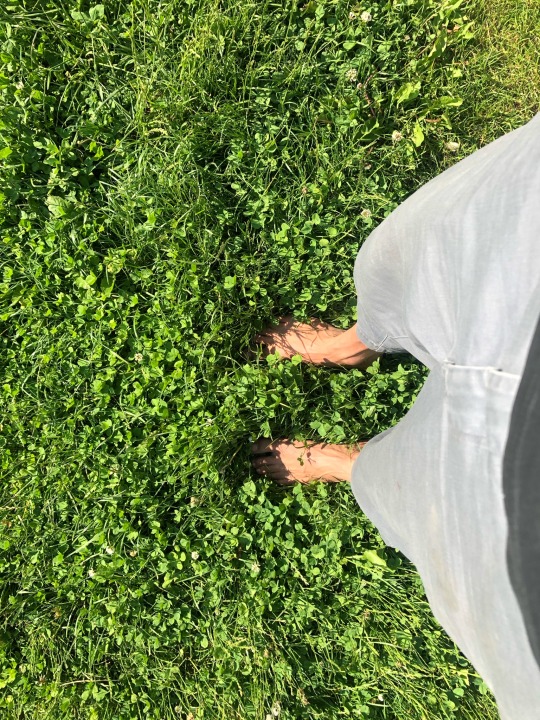
#x-heesy#my art#iphonography#photographer#6/2023#traveling#Friedensreich Hundertwasser#Vienna#wien#österreich#travelingwithoutmoving#we need kitsch#we need magic#surrealism#welcome to wonderland#donauinsel#architecture#architecturalpornography#architektur
37 notes
·
View notes
Text
Die U4-Sperren umfassen mehrere Zeiträume:
Die U4, eine zentrale Verkehrsader Wiens, wird diesen Sommer und Herbst mehrfach gesperrt. Während dringend benötigte Sanierungsarbeiten durchgeführt werden, müssen Pendler und Touristen alternative Routen nutzen. Hier sind die wichtigsten Details zu den bevorstehenden U4 Sperren:
Sommer 2024: Vom 29. Juni bis 2. September ist die U4 zwischen Schwedenplatz und Schottenring wegen Sanierungsarbeiten gesperrt.
Mai 2024: An den Feiertagswochenenden vom 9. bis 13. Mai und vom 18. bis 21. Mai fährt die U4 nicht zwischen Schottenring und Roßauer Lände.
Herbst 2024:
Oktober: Die U4 verkehrt nur zwischen Hütteldorf und Spittelau. Ein Pendelzug wird zwischen Spittelau und Heiligenstadt eingesetzt.
Allerheiligen: Rund um den 1. November wird die Strecke zwischen Spittelau und Heiligenstadt für Weichenaustausch komplett gesperrt.
November/Dezember: Neubau der unterirdischen Alserbachbrücke, was eine weitere Sperre notwendig macht.
Ersatzverkehr: Straßenbahnen der Linien 1, 71 und U2Z bieten Alternativen. Fußweg von 10 Minuten zwischen Schwedenplatz und Schottenring ist ebenfalls möglich.
0 notes
Text
Spittelau waste incineration plant, whose façade was redesigned and given its present colorful, irregular structures by eco-architect Friedensreich Hundertwasser following a major fire in 1989.


1 note
·
View note
Text
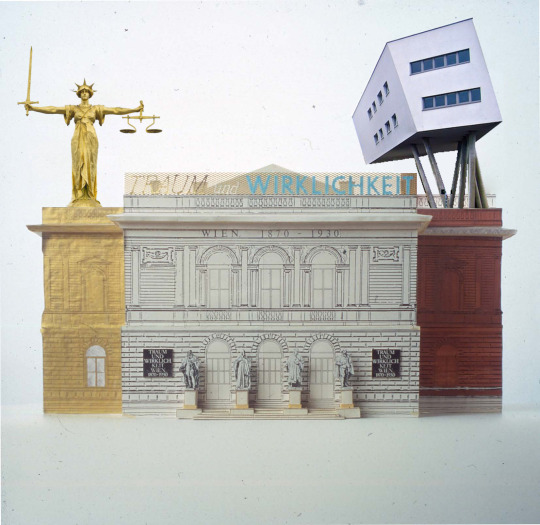
Metaphorical Narratives: Unravelling the Theory of Architectural Assemblage
In 1985, Hans Hollein unveiled an intriguing installation on the façade of the Künstlerhaus in Vienna, marking a unique case of material speculation within architecture. This installation, part of the 'Traum und Wirklichkeit, Wien 1870-1930' exhibition, showcased the incorporation of 'historical' elements into contemporary architectural practice.
At the heart of this installation was a deliberate reassembly of carefully chosen 'historical' forms, creating what can be described as a 'fragmentary whole.' One notable inclusion was the golden female figure representing Gustav Klimt's 'Medicine,' originally part of the controversial ceiling paintings for the University of Vienna; now replaced with the figure of Justice from the Old Bailey in London by EW Mountford symbolizing a shift in narrative, evoking themes of power, balance, and justice.
Similarly, the architectural form replicated on the right side of the installation, originally from Karl-Marx-Hof, is replaced with the Spittelau Viaducts Housing by Zaha Hadid Architects. This adaptation reflects the evolving architectural landscape of Vienna in the 21st century, highlighting the city's embrace of contemporary design while maintaining its historical roots.
Hans Hollein's Vienna installation transcends mere architectural experimentation; it becomes a profound exploration of the metaphorical underpinnings of assemblage in both architecture and history. At its core, assemblage theory posits that the whole is greater than the sum of its parts, suggesting that disparate fragments can be recontextualized to create new narratives and meanings. In the context of Hollein's work, this theory takes on rich and nuanced dimensions, offering insights into the intersections between architecture, history, and culture.
Architectural assemblage, as exemplified by Hollein's installation, embodies the idea of architectural eclecticism, where diverse architectural elements are brought together to form a cohesive whole. Each fragment, whether historical or contemporary, carries its own narrative, imbued with layers of meaning and symbolism. Through assemblage, these fragments are juxtaposed and reconfigured, inviting viewers to engage with the interplay between past and present, tradition and innovation.
Metaphorically, architectural assemblage becomes a reflection of the human experience, where individual memories, experiences, and identities converge to shape collective narratives. In the same way that Hollein's installation combines disparate architectural elements, our lives are shaped by a multitude of influences, ranging from personal experiences to cultural heritage. Like fragments in an assemblage, these influences come together to form the complex tapestry of human existence.
Moreover, the act of assembling disparate elements in architecture mirrors the process of historical interpretation and representation. History itself is an assemblage of narratives, where different perspectives and interpretations converge to form a collective understanding of the past. By recontextualizing historical fragments within architectural installations, Hollein challenges viewers to reconsider conventional historical narratives and question the ways in which history is constructed and remembered.
In this sense, architectural assemblage becomes a metaphor for the fluidity and multiplicity of history, highlighting the contingent nature of historical truths and the power of interpretation. Through assemblage, Hollein invites viewers to become active participants in the construction of meaning, encouraging them to explore the complexities of architecture, history, and identity in a dynamic and interactive way.
In conclusion, Hollein's Vienna installation serves as a powerful testament to the metaphorical potential of architectural assemblage. By reimagining architectural fragments within new contexts, Hollein invites viewers to engage with the rich tapestry of human experience and history, challenging them to reconsider established narratives and embrace the complexities of the past and present.
#HansHollein#ArchitecturalAssemblage#ViennaInstallation#HistoricalNarratives#ContemporaryDesign#ZahaHadid#MetaphoricalArchitecture#HumanExperience#HistoryInterpretation#FluidityOfHistory#architecturalcomplexity#architecture#berlin#area#london#acme#chicago#puzzle#edwin lutyens#massimoscolari#oma
1 note
·
View note
Text
1st Post!
We decided on the topics of "Nachhaltigkeit" (sustainability), "Architektur / Wohnen" (architecture / living) and "Konsum" (consumerism).
Sustainability
Waste incineration plant
After a huge fire in Vienna's Spittelau waste incineration plant at the end of the 1980s, a reconstruction was started and designed free of charge by the artist Friedensreich Hundertwasser. This combines aesthetics and waste recycling. A waste incineration plant becomes a work of art and can motivate urban planners to integrate industry into the cityscape in the best possible way. On the one hand, this is a sustainable aspect and a tourist magnet. On the other hand, it can also lead to more industrial areas being built in densely populated areas because of such a showcase project, which can quickly lead to health problems for residents.
Fast Fashion
An art project was used to draw attention to the issue of greenwashing and the inadequate recycling of clothing. Even organic clothing consumes a lot of resources. This art project addresses the problematic situation regarding the sustainable recycling of textiles and encourages critical reflection.
Drop-top-flower-pot
(I'm proud of myself for coming up with the english name for this)
With an art project, a Viennese has called for more inner-city greening by creating a mobile flower bed from a mobile cabriolet and placing them alternately in different locations. The aim is to draw attention to the fact that raised beds should be installed for the same amount of money as parking spaces to ensure greater sustainability. This should make way for parking spaces and create more space for greenery and self-sufficiency. A provocative campaign, but at the same time a sustainable eye-catcher.
Architecture / Living:
Summit One Vanderbilt (Creepy)
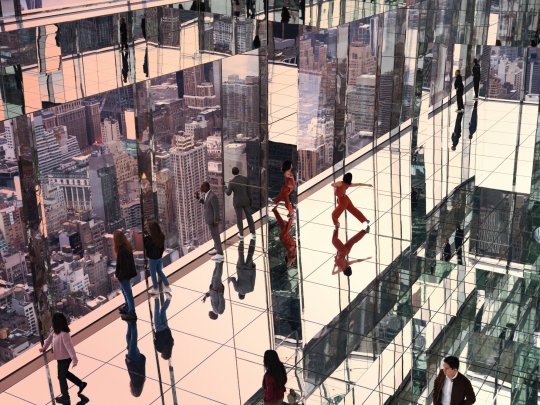
In 2021, a viewing platform opened at a height of 330 meters in the One Vanderbilt skyscraper in New York. Among other things, there is a mirrored area with full-length mirrors on the walls, ceiling and floor. A fascinating architectural art attraction that can also be viewed critically. For example, mirrored construction can violate intimate privacy, as wearing specific clothing - such as dresses, skirts (or kilts) - can reveal intimate parts of your body to other people, against your will. The only option you then have is to leave the room.
“Stop Discrimination of Cheap Furniture”
A very famous furniture fare called “Salone del Mobile” in Milan, always features “the most expensive chair”. As a critique to this decadent product and the lavish lifestyle connected to it, an artist came up with the idea to write “stop discrimination of cheap furniture” onto cheap furniture.
The Line
Many countries all over the world are trying to show off their power using architecture - the project “The Line” seems to be no different from that. While stakeholders involved claim it to be an awesome, sustainable, next-level project, many experts beg to differ! The building poses many threats, a short list of examples include: threats to animals (mainly birds), heat around the building (reflection of sunlight onto its surroundings), serious fire hazards (densly populated) and class-based society (the rich people likely live on the top floors where there is lots of greens and sunlight, while poorer people live on the base levels), human-rights violations (construction process).
Consumerism
Protective Packaging
Cigarettes, alcohol and phones have one thing in common – they are very bad for our health, especially if you overdo it! Martin Naumann created protective packaging for those kind of products. We like that phones are also being addressed as their unreflected use can lead to a lot of mental health problems.
“Once Furniture Collection”
“Once Furniture Collection” is a collection of furniture that consists exclusively of chop sticks. The key message was to “pinch into our collective lower back to encourage us to rethink our consumption habits”.
We think the design choice makes a lot of sense in this regard, as the furniture looks very pointy and thus uncomfortable to sit on.
However we are unsure about the exact meaning of “to rethink our consumption habits” as is very hard to find additional information about that collection online. Is it about food? Is it about furniture? Maybe it’s about single use chop sticks? On the other hand bamboo grows very fast! It’s very hard to tell what exact meaning is without providing any additional context.
McDonalds Critique

I’m lovin it, when McDonalds is criticised! The franchise f’ed up a lot! A short list of examples include: targeting kids by design, horrible working conditions, consumerism, factory farming, green washing, etc. As a result there have also been critical voices!
Bonus Content!
I know, nobody asked for it but regardless, here is a picture of Olli looking at food:

1 note
·
View note
Text
Endorphine
War am Morgen bei Pei-Ying, dann auf der Bank und im Freud Museum, habe bei der Aïda einen kleinen Braunen und ein Himbeersoda getrunken und bin zur Stadthalle gefahren. Adam war noch nicht da, habe mir erwartet, dass er wahrscheinlich erst später kommt oder gar nicht, aber nach ein paar Minuten ist er mit seinem pullbuoy daher spaziert. Verbessert die Schwimmtechnik und dient zum Kraftaufbau im Oberkörper. Ermöglicht das Treiben der Beine auf der Wasseroberfläche. Zur Verbesserung der Körperkontrolle.
Bin gerade nach oben geschwommen, heute waren beide Bahnen offen, aber er ist trotzdem in der sechsten und neben mir geschwommen. Habe mich so beeilt beim Hinunterschwimmen, weil ich das Gefühl hatte, dass er hinter mir krault, habe mich umgedreht und ihn angelächelt, er hat im Schwimmen zurückgelächelt. Einmal ist er stehen geblieben und ich habe ihn nach seinem Referat gefragt, er hat mir erklärt, dass er einen Film drehen werde als Diplomarbeit und dass er das Konzept vorstelle, es sei aber erst am Nachmittag. Du hast Nerven! Worum geht’s? Um das Hungersterben in der Psychiatrie in der NS-Zeit. Ich frage ihn, wie er das machen wolle. Er erklärt mir, dass es keine Bilder gäbe, nur Texte über jede Einzelne, die ermordet wurde und jeden Einzelnen, der ermordet wurde. Er versuche, über die Bruchstücke der Biographien, die er recherchiert habe, die Aura der Toten zu erfassen und ordne ihnen Farben zu, so wie Derek Jarman in seinem Film Blue, wo du den ganzen Film lang nur eine Farbe siehst und Schauspieler und Schauspielerinnen die Texte sprechen hörst. Ich frage ihn noch einmal nach dem Titel, er wiederholt es noch einmal und sagt, das Seminar sei ganz locker. Ich wundere mich.
Er ist schon wieder los geschwommen, immer weiter auf und ab und nie stehen geblieben. Habe gesehen, was er mit dem pullbuoy macht, es war seltsam, weil er nicht mehr aufgehört hat, auf und ab zu schwimmen, ich war sogar vor ihm fertig mit meinen Längen. Als er unten gestanden ist, habe ich ihn gefragt, ob er heute nicht gehen mag, er hat gesagt, es sei erst um vier und dass er eh gleich gehen müsse. Ich habe ihm viel Glück gewünscht, er hat abwesend ja gesagt und dann danke, aber er hat so gewirkt, als ob er tief in Gedanken versunken wäre und ich ihn gestört hätte. Er hat sicher über seinen Vortrag nachgedacht.
Bin dann mit der Stadtbahn zur Spittelau gefahren, ich liebe die Stadtbahn, habe in einer Bücherkiste gestöbert, aber es war zu kalt. Bin mit der U4 zum Schottenring gefahren, Manfred war da, im hinteren Raum. Ich bin nach hinten gegangen, weil ich gestern ein Buch vergessen hatte, das mir Tom zum Rezensieren gegeben hat. Manfred hat mich begrüßt, ich habe ihm erklärt, dass ich nicht hinten sei, nur ein Buch vergessen hätte, er hat es mir gegeben und gesagt, dass er es gerade gesehen habe, während er auf seine Liste schaute. Einmal bin ich raus gegangen, Manfred und Sanije waren dort und haben sich unterhalten, ich habe mich zur Heizung gestellt. Sanije hat mich gefragt, was ich verstehe, wenn jemand sage: Am Montag und Mittwoch und Freitag und Samstag. Ich habe zuerst nicht verstanden, worum es geht. Manfred hat sich aufgeregt: Ja, jetzt musst du schon etwas sagen! Ich sage, dass ich es auch so verstehe wie Sanije. Danach war ich bei der Landstraße beim Mac Donald’s und habe einen Gemüseburger gegessen, eine Sandlerin hat sich neben mich gesetzt, sie hatte zwei Eisbecher, ich glaube, sie wollte mir einen schenken, ich bin schnell gegangen. Sie hat ausgesehen, als ob sie die Krätze hätte, es war schrecklich.
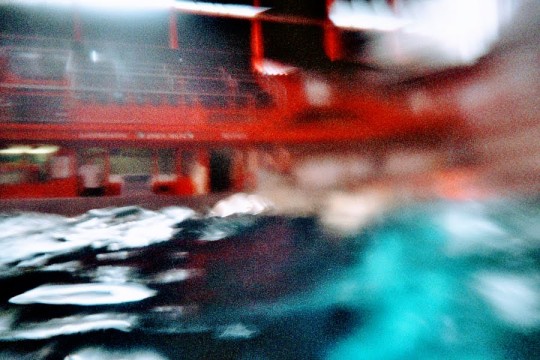
I guess this pictures exactly the endorphin flush in which real swimmers are
#ari fink#barbara zanotti#ari fink photography#schwimmtagebuch revisited#schwimmtagebuch#blue#winter 1998#28.2.2007
0 notes
Text

0 notes
Text
Zašto spalionice otpada u Beču igraju važnu ulogu u kružnom gospodarstvu?
Postrojenja za spaljivanje otpada u glavnom gradu Austrije imaju poprilično dugu povijest. Zbog svoje moderne tehnologije i održivosti privlače stručne delegacije iz čitavog svijeta koje žele bolje upoznati bečki primjer dobre prakse. Dana 25. travnja 1963. s radom je započela najstarija austrijska spalionica otpada Flötzersteig. Smještena u 16. gradskom okrugu Ottakring u zapadnom dijelu grada, ova spalionica danas obradi oko 200.000 tona miješanog otpada godišnje. Pritom se razina otpada smanjuje na minimum, a oslobađa se energija koja se koristi za grijanje 55.000 bečkih kućanstava. „Izgradnjom spalionice otpada Flötzersteig prvi je put održivo gospodarenje otpadom dospjelo u prvi plan. Ova je tehnologija omogućila zbrinjavanje otpada, a time i čišći grad, ali i opskrbu energijom te racionalnu, ekološki prihvatljivu ponovnu uporabu otpada. Nakon 60 godina tema kružnog gospodarstva danas je aktualnija nego ikada. Delegacije iz cijelog svijeta posjećuju Beč kako bi obišle naša postrojenja. Kontinuirano radimo na optimizaciji ovih procesa kako bismo osigurali održivu budućnost”, naglašava Michael Strebl, predsjednik uprave bečkog gradskog energetskog poduzeća Wien Energie. Povijest spaljivanja otpada u Beču Zbog sve veće potrošnje građana i uvođenja ambalaže Gradska skupština Beča 1959. donijela je odluku o tome da će se otpad spaljivati. Iste je godine položen kamen temeljac za ovo postrojenje, a njegovim puštanjem u rad nakon četiri godine tada se obrađivalo oko 60 posto nastalog otpada u Beču. Toplinska energija dobivena spaljivanjem već se tada mogla koristiti za grijanje obližnjih zgrada, između ostaloga za obližnje bolnice ili gradske bazene. Više od obične spalionice otpada U proteklih 60 godina tehnologija se uvelike poboljšala. Modernizirani su kotlovi kako bi se unaprijedila učinkovitost postrojenja Flötzersteig kao i dispečerski centar, a u postrojenje je ugrađen i moderan sustav za pročišćavanje ispušnih plinova. Vrijednosti emisija daleko su ispod zakonski propisane najviše dopuštene vrijednosti zahvaljujući kontinuiranim sanacijama i korištenju najsuvremenije tehnologije u pročišćavanju dimnih plinova. Zanimljiva je činjenica da se lokacija spalionice kontinuirano prilagođava u području zaštite okoliša pa se sadnjom voćaka i zelenila pridonosi očuvanju bioraznolikosti. Osim toga prošle je godine na tom području postavljeno i pet košnica u kojima je smješteno preko 200.000 pčela. Bečke spalionice obrađuju više od milijun tona otpada godišnje Na području Beča nalaze se ukupno četiri postrojenja za spaljivanje otpada. Tri su spalionice u vlasništvu bečkog energetskog poduzeća Wien Energie, a jedna je u vlasništvu Grada. Zbog svoje prepoznatljive šarene fasade koja je oslikana prema ideji slavnog umjetnika i ekološkog aktivista Friedensreicha Hundertwassera spalionica Spittelau prava je turistička atrakcija i jedna od najčešće fotografiranih znamenitosti glavnoga grada Austrije. Nalazi se u 9. bečkom okrugu Alsergrund u sjevernom dijelu centra grada, a godišnje obradi oko 250.000 tona komunalnog otpada. Toplinskom energijom dobivenoj u ovoj spalionici opskrbljuje se preko 60.000 bečkih kućanstava, a strujom gotovo 50.000 kućanstava. U 11. bečkom okrugu Simmering, koji je rezidencijalno i industrijsko područje te je smješten u jugoistočnom dijelu grada, nalazi se spalionica otpada Simmeringer Haide koja je puštena u rad 1980. Zahvaljujući posebnoj opremi ondje je moguće spaljivanje ne samo komunalnog, već i opasnog i zaraznog medicinskog otpada te otpadnog mulja. Ovo postrojenje ima jedan od najmodernijih sustava za pročišćavanje dimnih plinova u Europi, a ovakva vrsta kombiniranog postrojenja za obradu opasnog otpada i otpadnog mulja trenutačno je jedinstvena u Europi. Različite vrste otpada ondje se obrađuju na različit način. Tako se, primjerice, opasni otpad spaljuje u rotacijskim pećima na temperaturi od 1.200 stupnjeva Celzijevih. Šljaka koja nastane naglo se hladi u vodenoj kupelji te se sprječava otpuštanje teških metala. Proizvedena energija u tom postrojenju koristi se za grijanje gotovo 50.000 kućanstava. Bečko poduzeće Wien Energie osim toga upravlja i postrojenjem Grada Beča Pfaffenau za obradu komunalnog otpada. Također je smještena u gradskom okrugu Simmering, u neposrednoj blizini potonje spalionice te bečkog pročistača vode. Radi se o jednoj od najmodernijih spalionica u Europi, a otvorena je 2008. godine. Na godišnjoj razini bečke spalionice obrade preko milijun tona otpada, a proizvode struju i toplinsku energiju za stotine tisuća kućanstava u Beču. Vienna offices HR Read the full article
0 notes
Text

spittelau chronicles 3, 2024
3 notes
·
View notes


